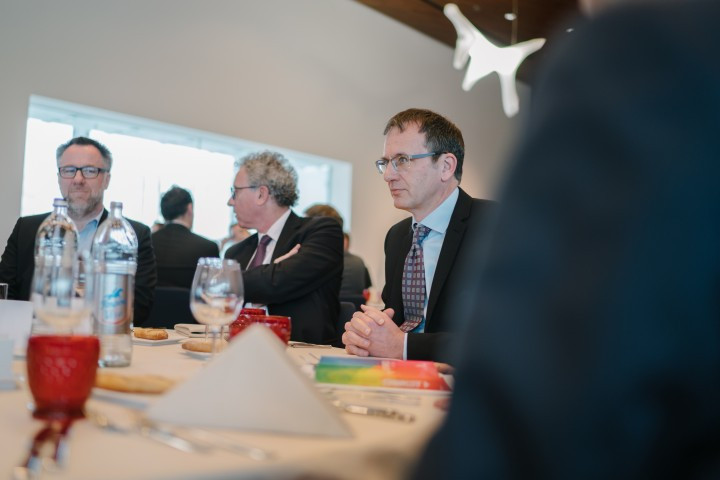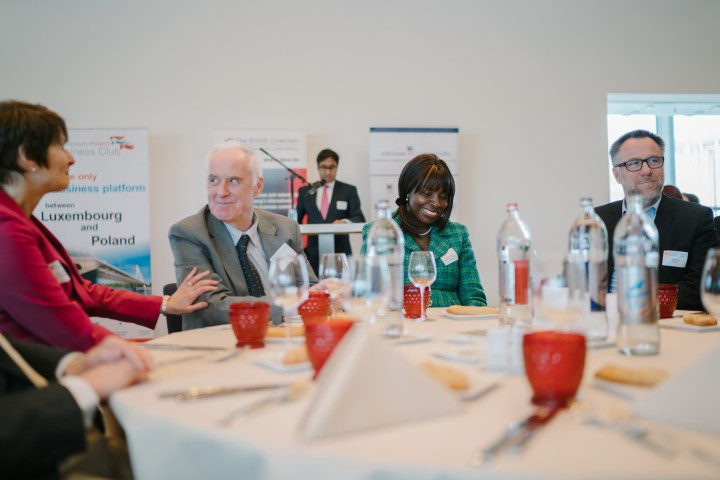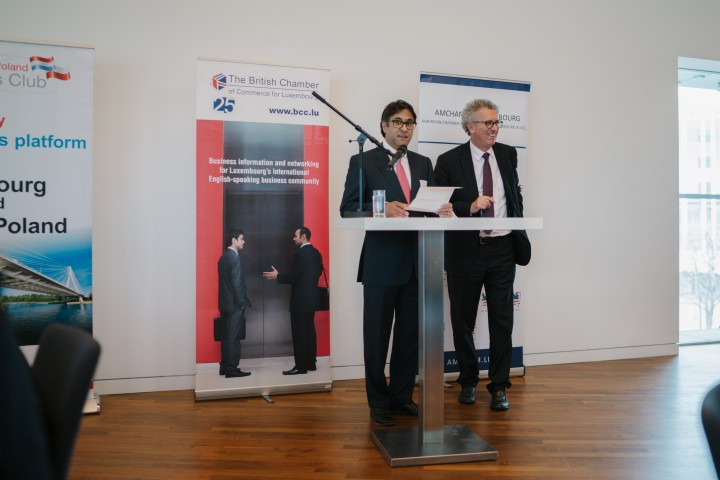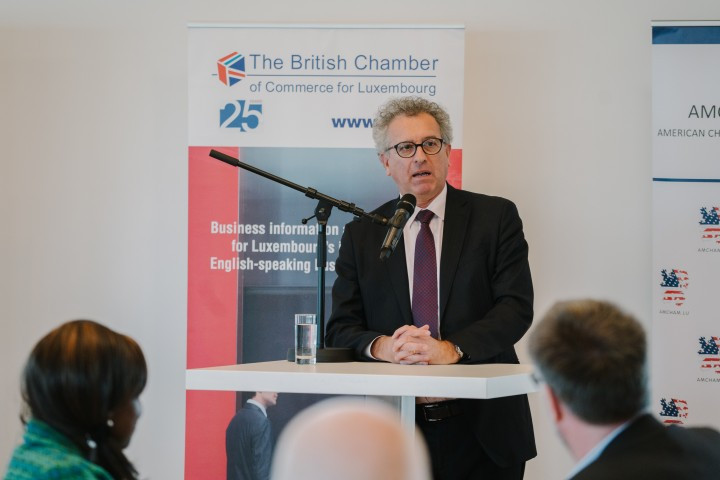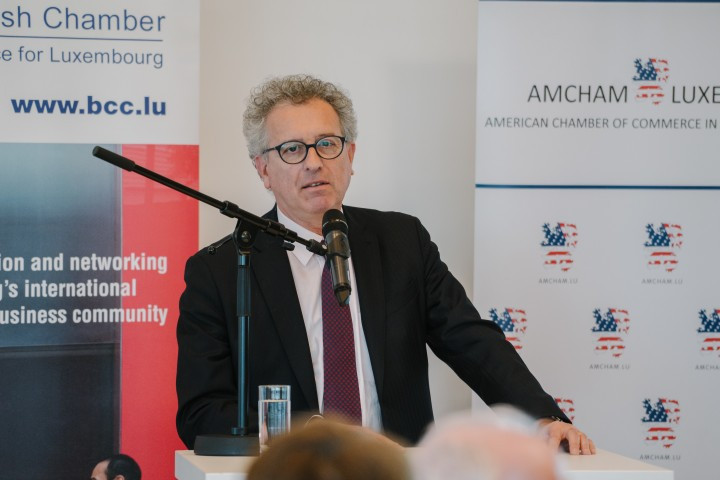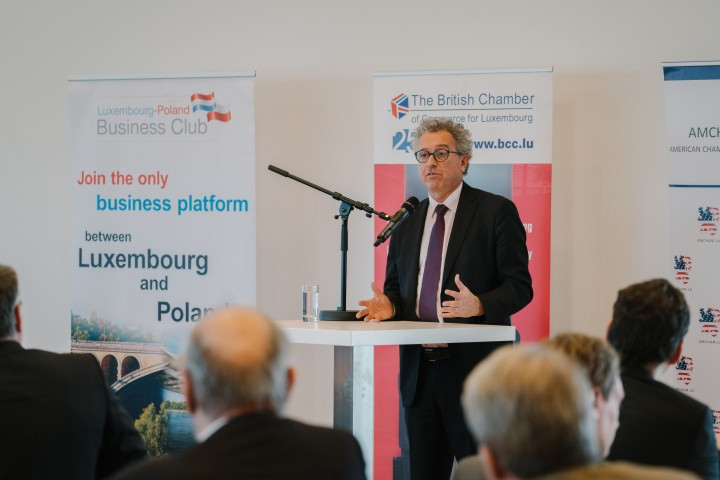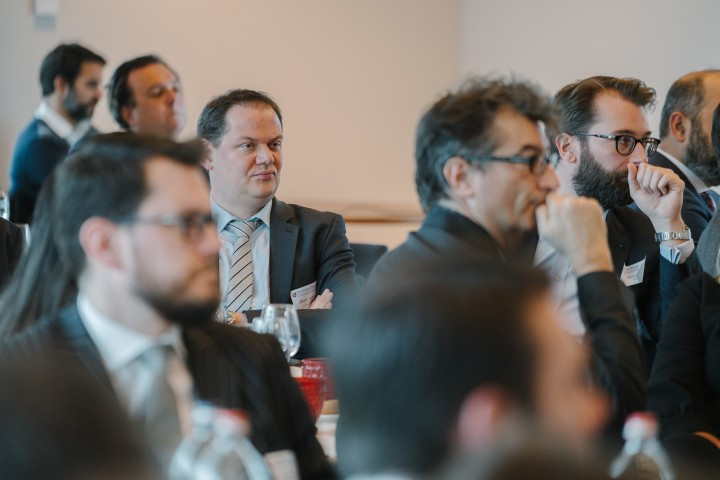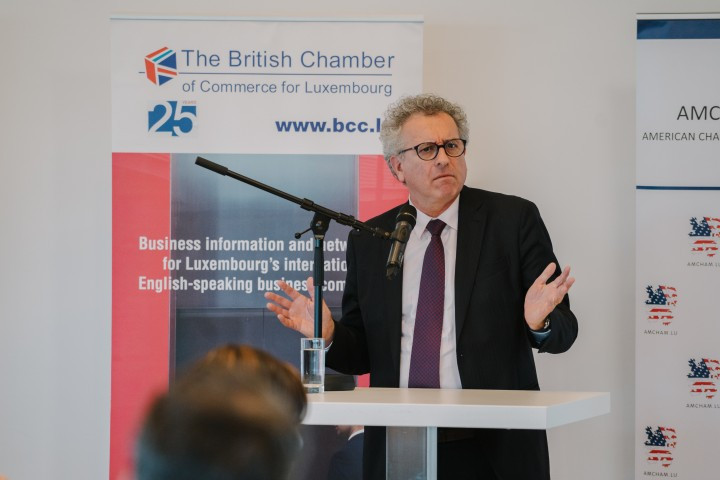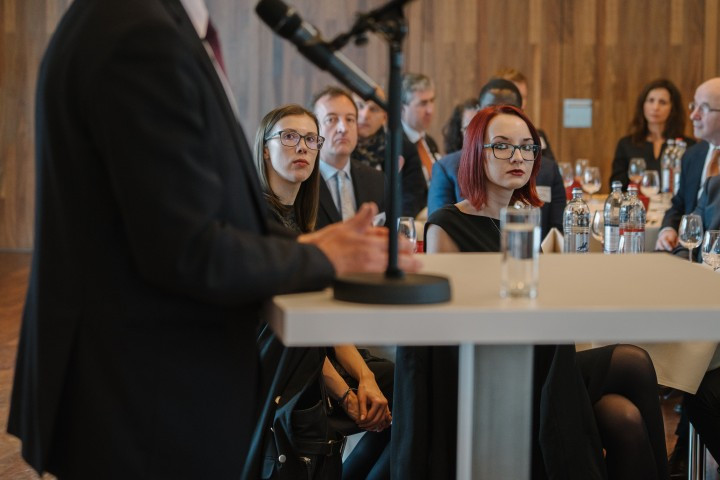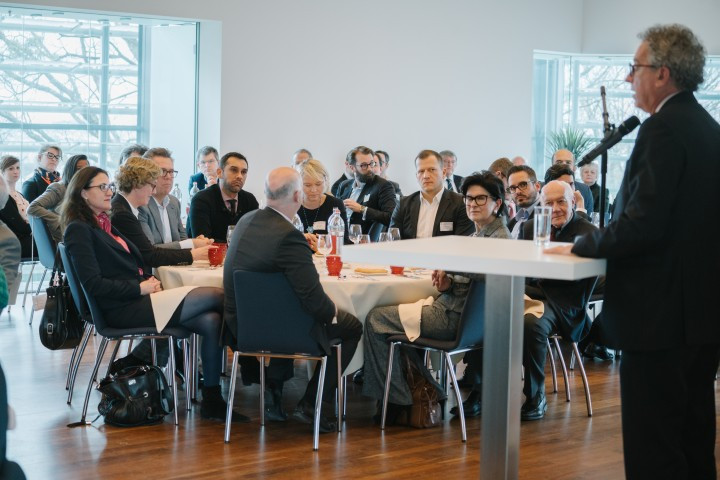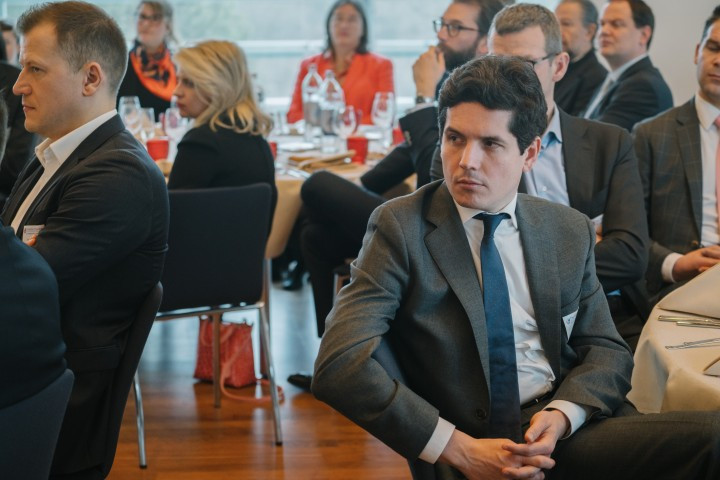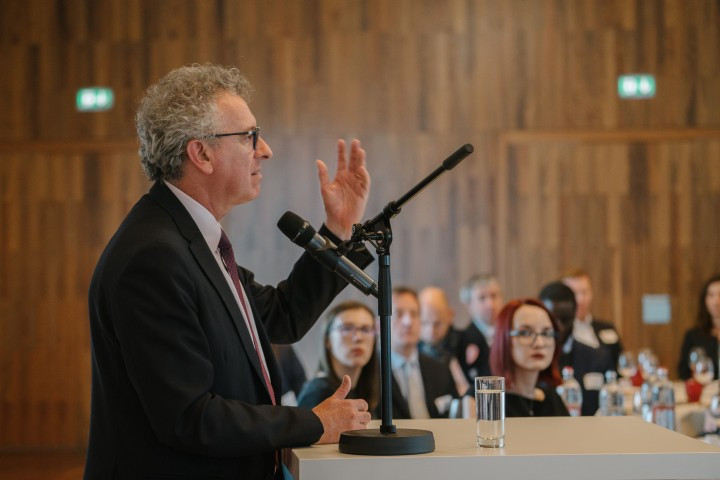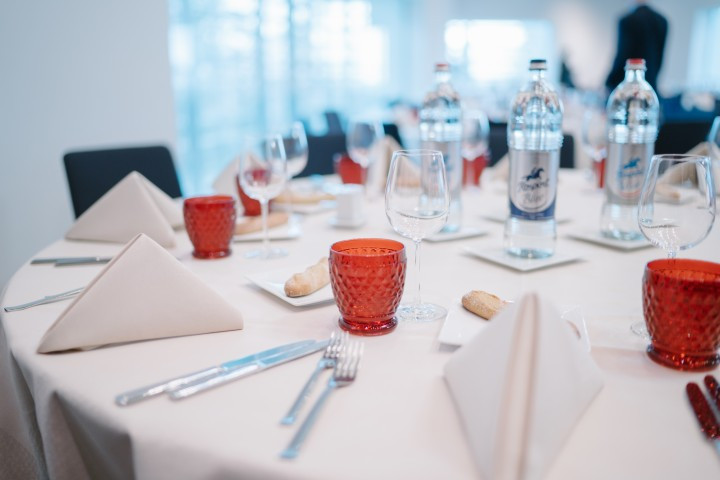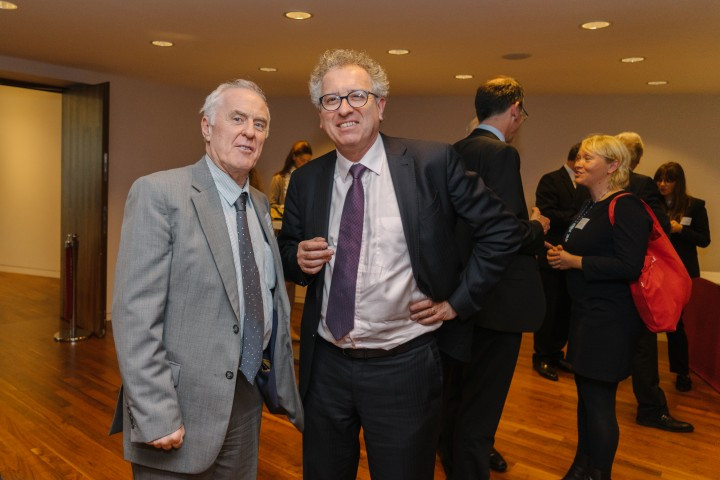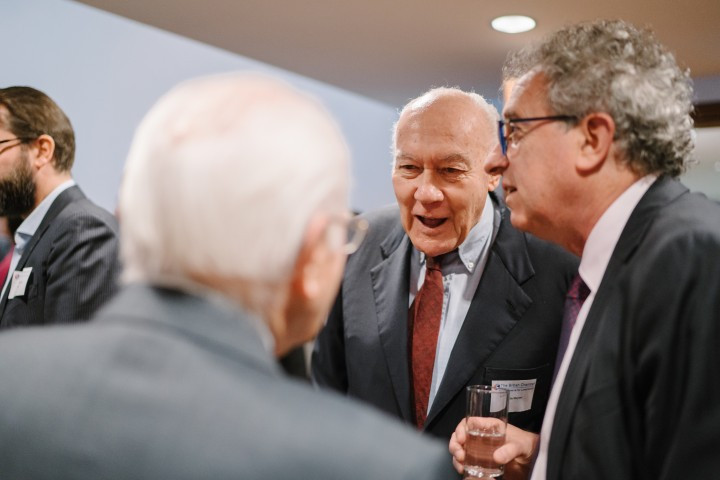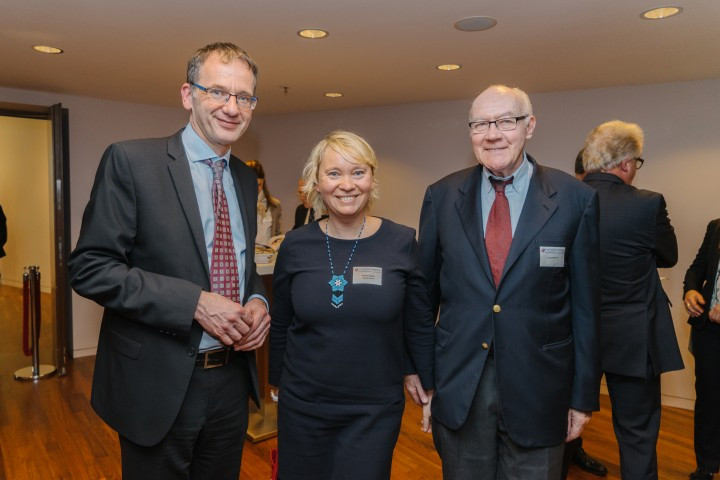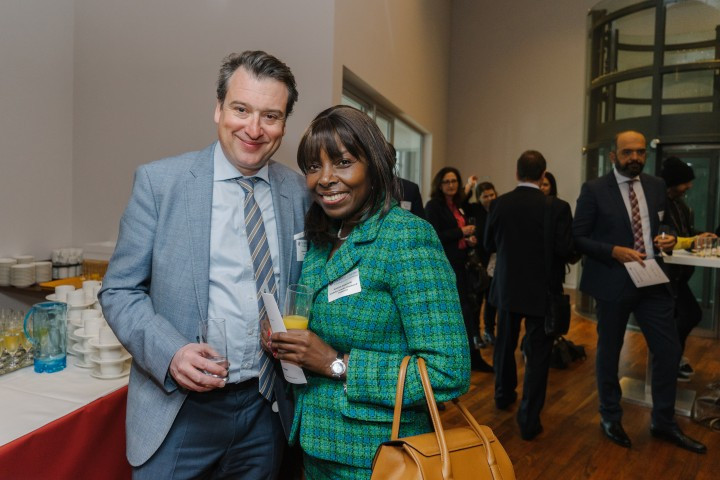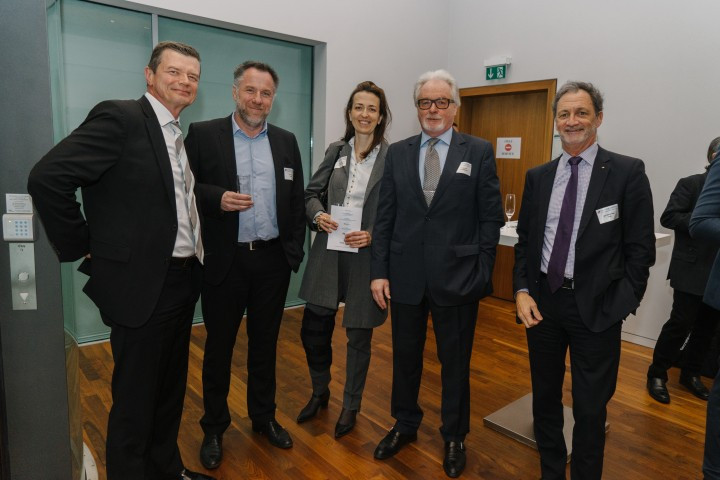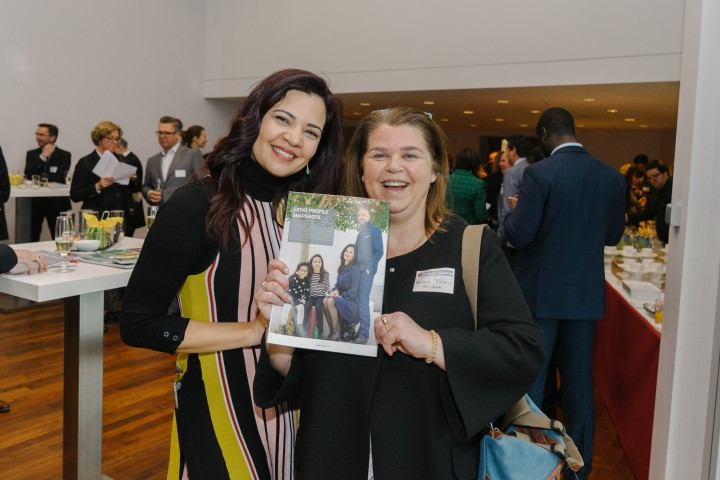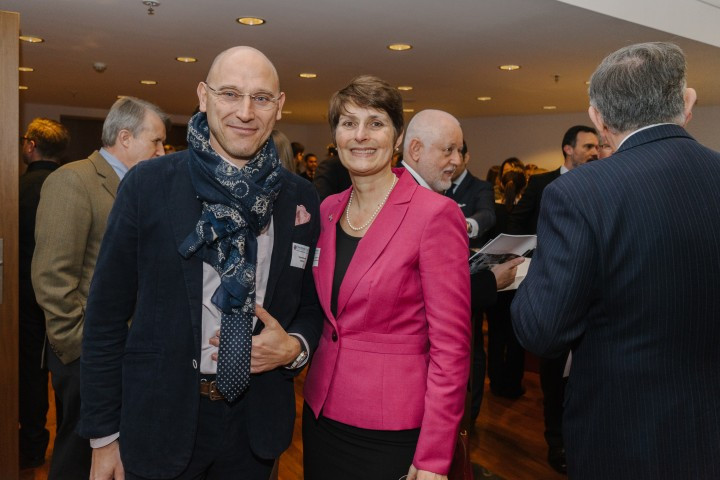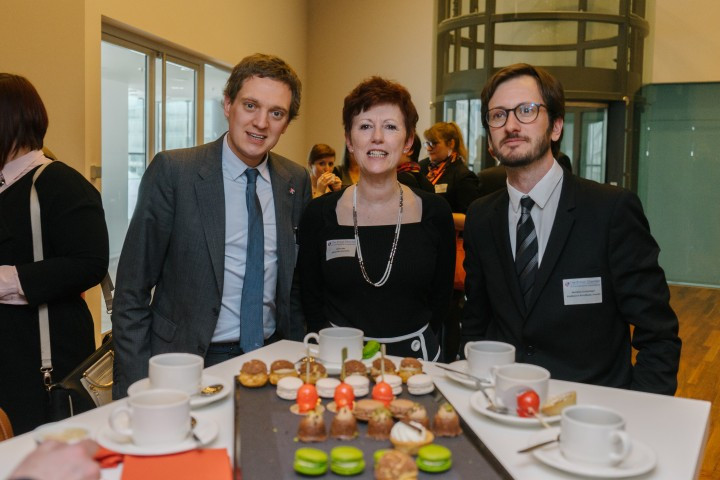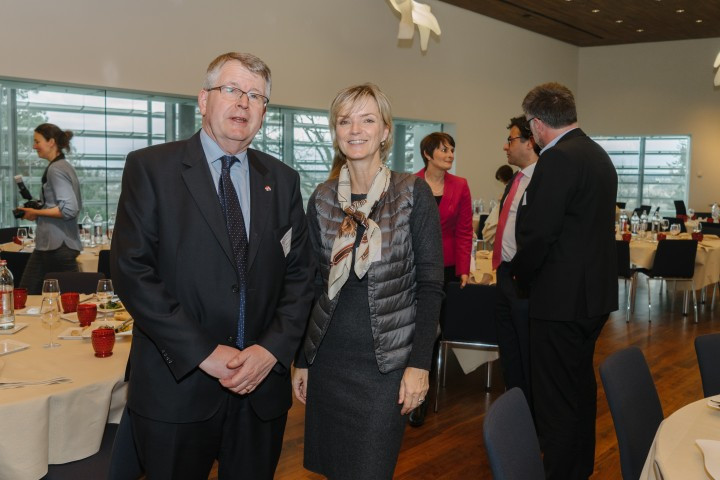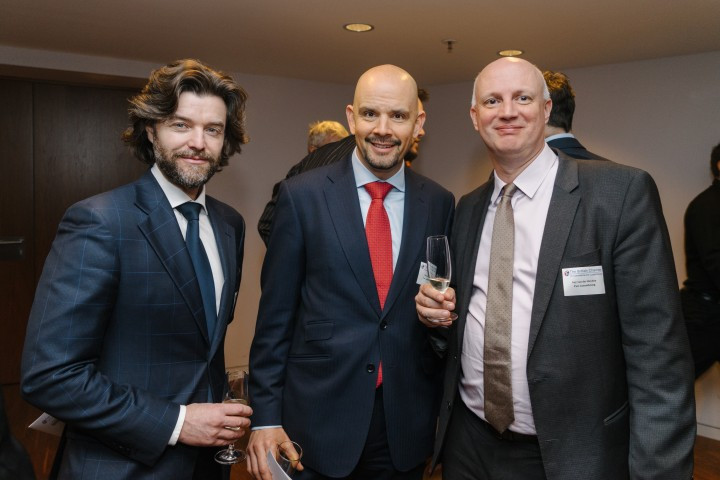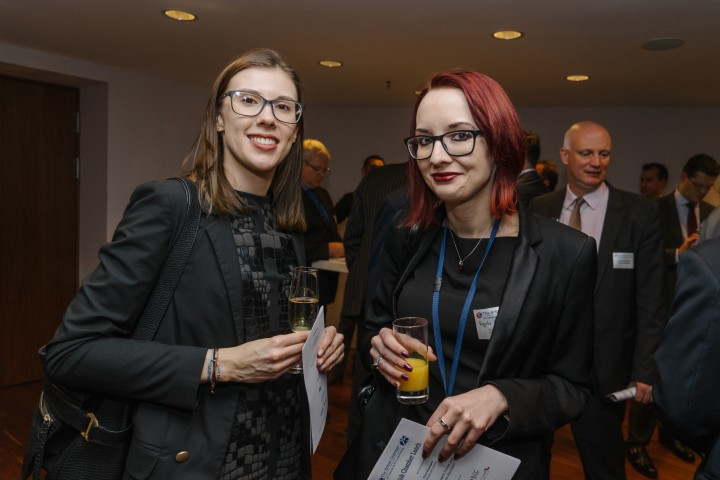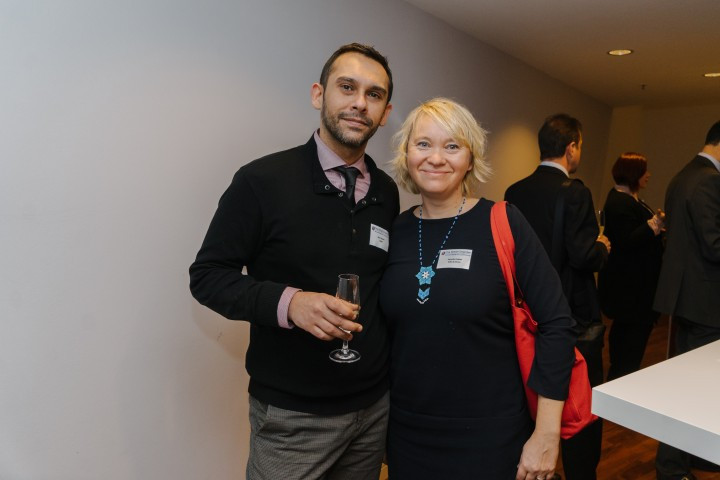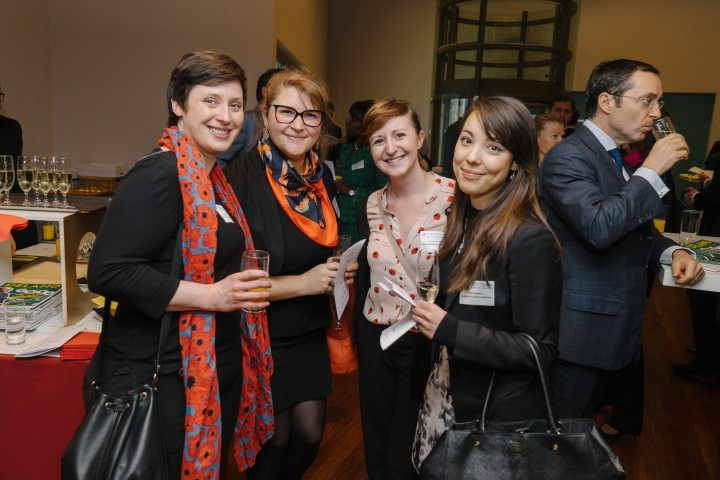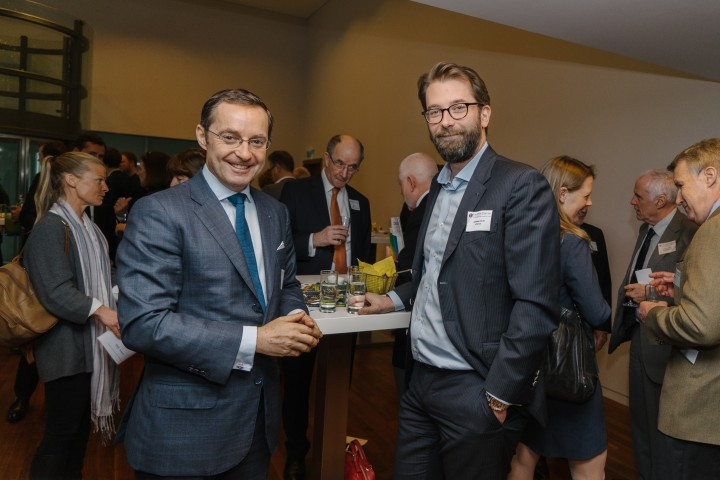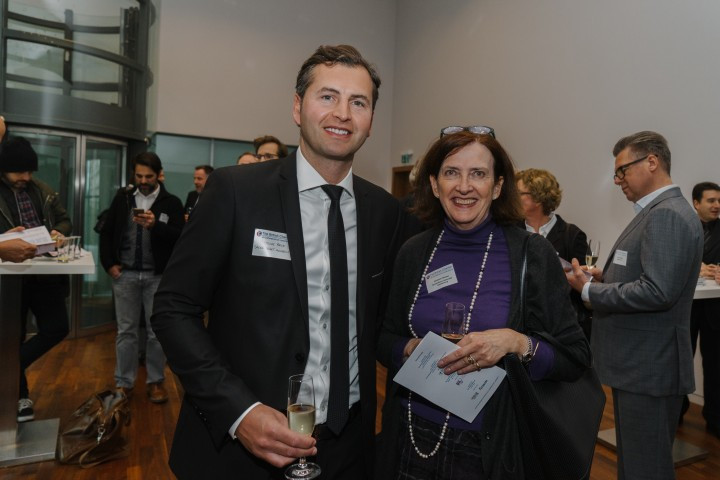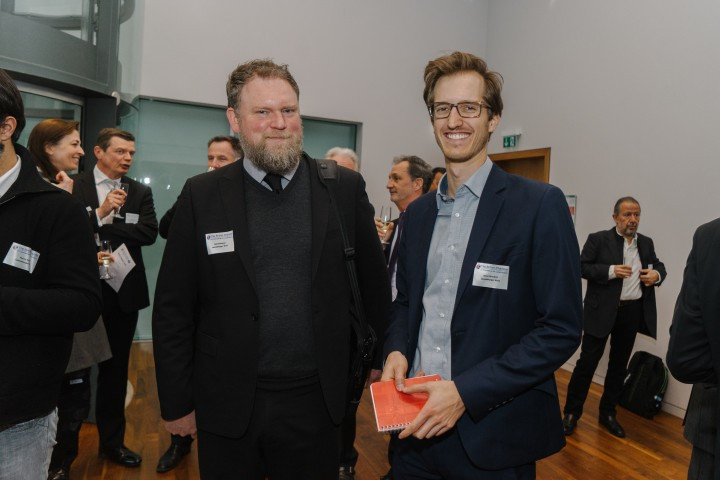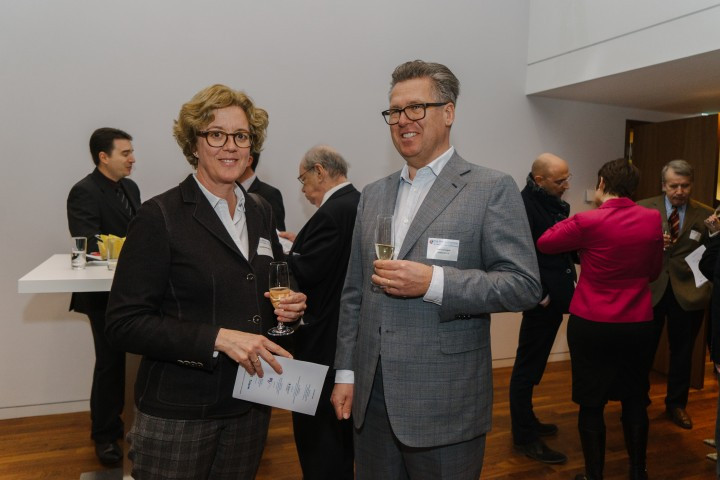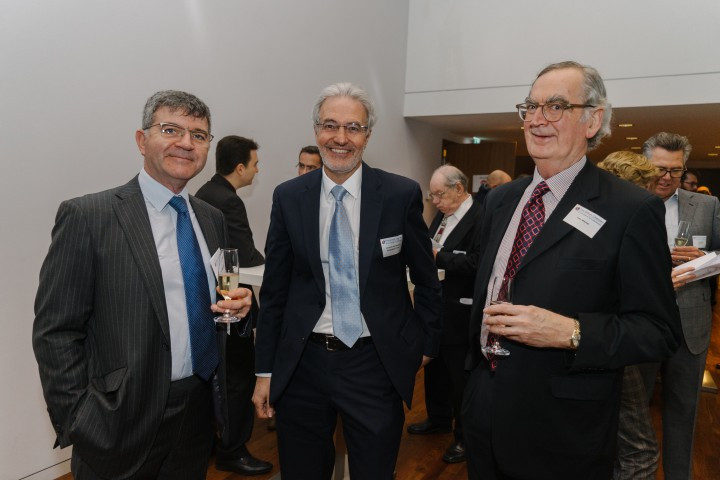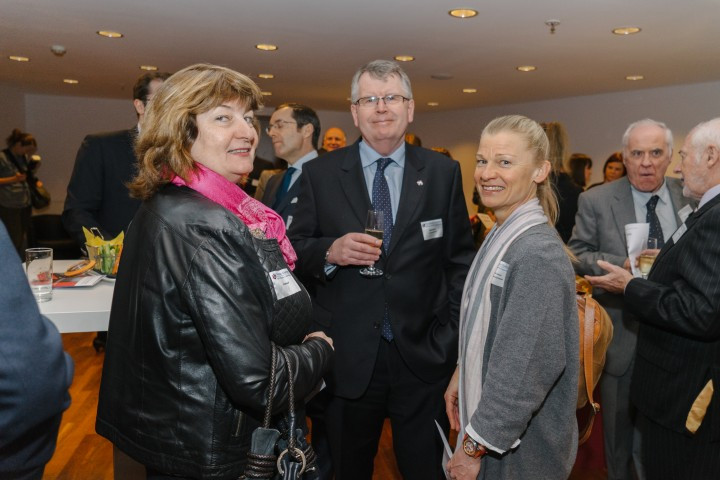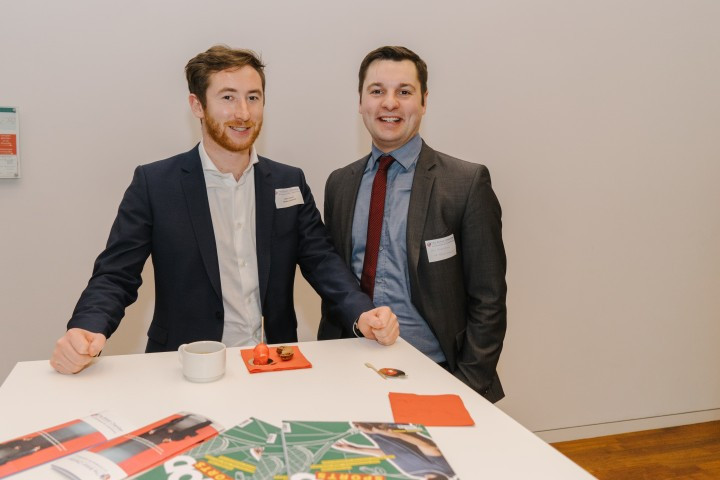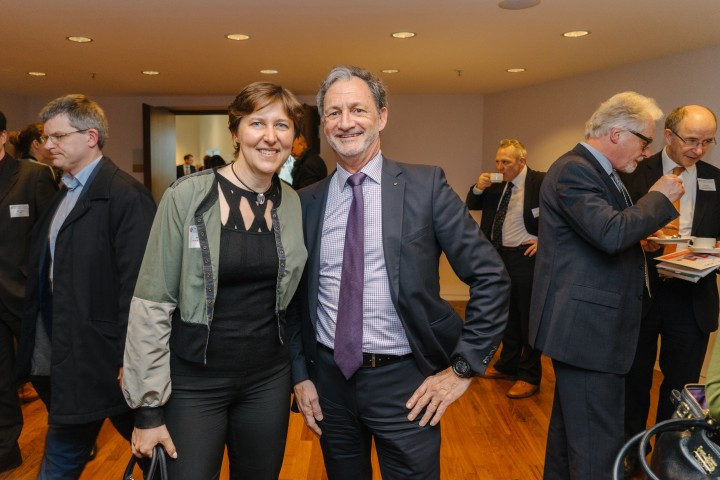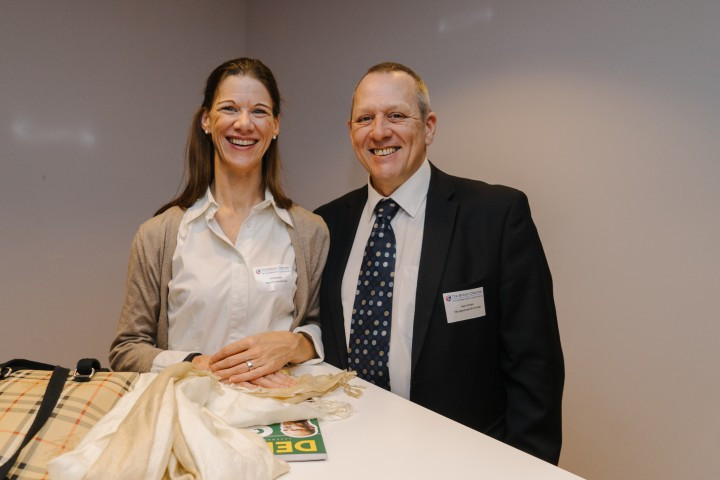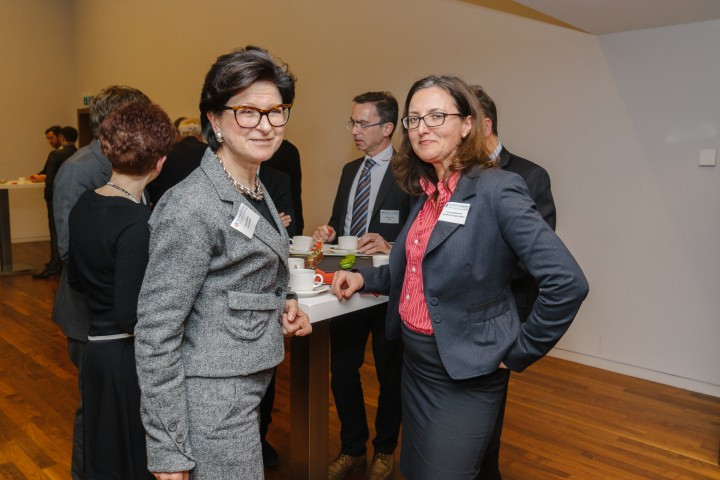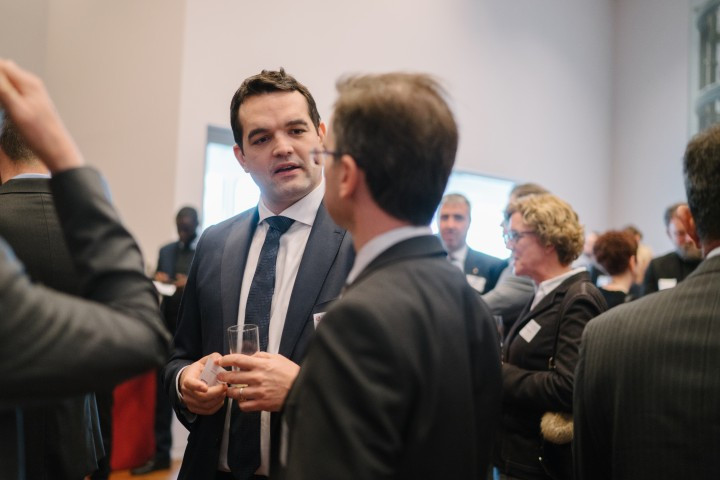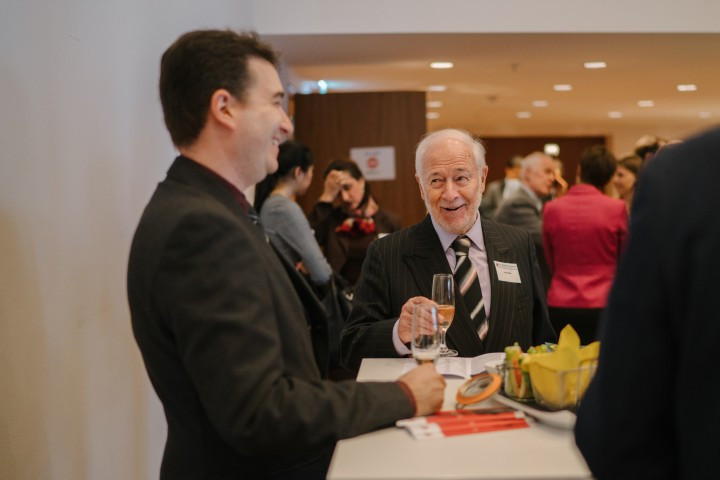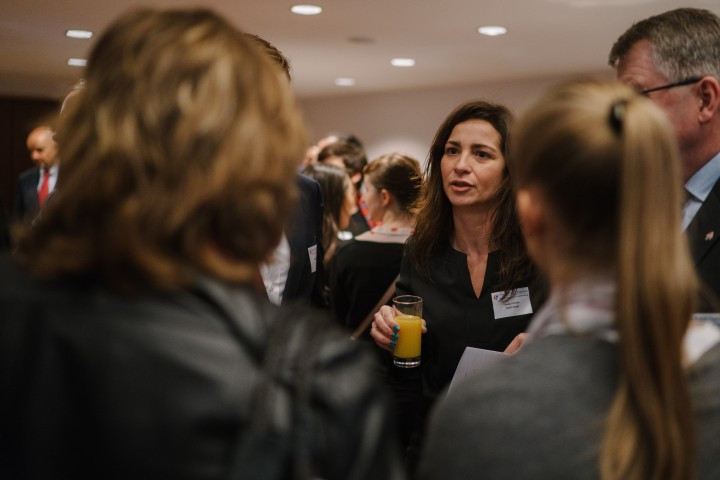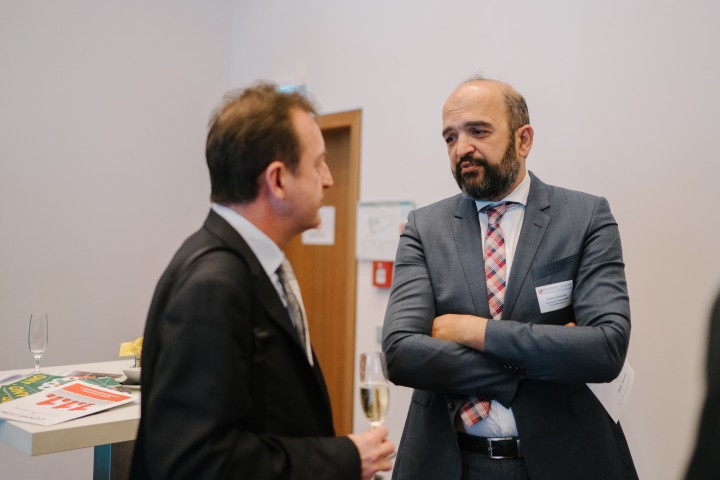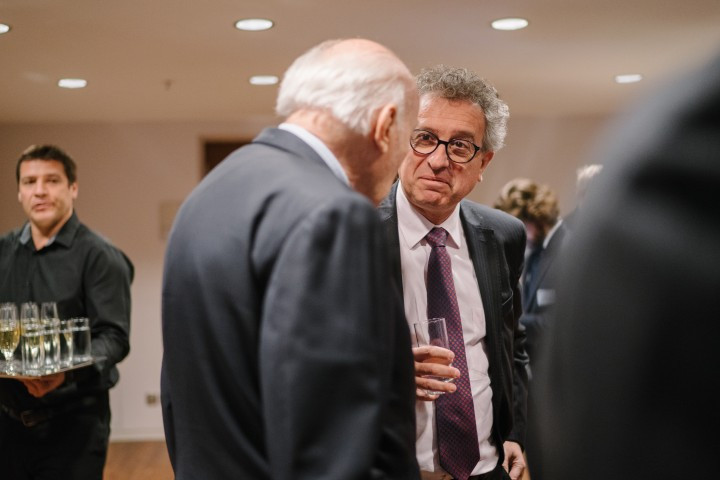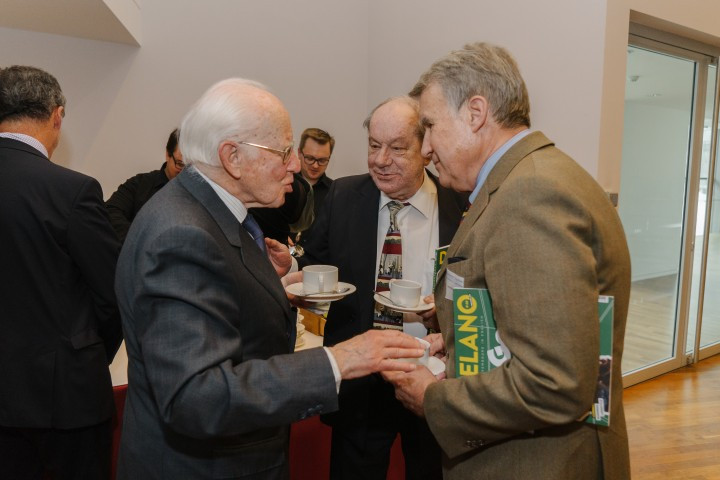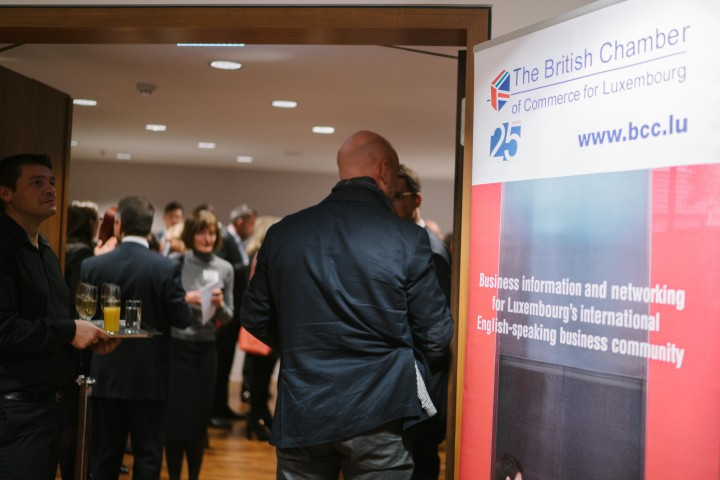He also wanted to de-dramatise and demystify the issues of Brexit and the election of the US president, Donald Trump.
At the invitation of the British, American, Dutch, Irish, Nordic and Polish chambers of commerce, the finance minister spoke at length about the state of the EU economy, the upcoming Brexit negotiations, and the impact of Trump’s election on Nato and on plans to reinforce European security and defence.
Highlighting that growth was at an average of 1.6% in the EU, he said: “We are living through a recovery that is really good and that is not being celebrated. The worst that you can do when there is good news is that you don’t talk about it.” He added: “I hope that the media will write that down.”
He emphasised that Luxembourg was not an exception to the rule but it was doing even better than the average: it has close to 4% growth for the 4th year in a row. Referring to the decision to give up banking secrecy, and comments that it would lessen the attractiveness of the country for investors and spell the end of the banking sector, he argued that:
“Had we not done that we would not be on the top list or the short list for any potential players to do something additional on the continent after Brexit. Instead we would be on the black list.”
Talking of the banking union, he noted the achievements so far and asked for more confidence.
Brexit
On Brexit, he repeated the government’s line of not being able to have your cake and eat it, but reassured that “we will continue to trade a lot with the UK because it is an important trading partner--but on different terms and different conditions.” He also emphasised the importance of unity among the 27 member states and pleaded to negotiate in a rational way in the best interest of all the countries and the people involved.
Regarding the issue of free movement and UK citizens living in the EU, he hoped that
“we will be able, in the beginning of negotiations, to settle the things of the past--we have millions of EU citizens living in the UK and thousands of Brits in the EU. We need to give these people reassurances. For all the UK citizens living Luxembourg: we are not going to kick anyone out. They are welcome here, they work, pay their social contributions, they make our country richer! Why would we want to kick them out? I think we will have a rather dynamic free movement of people because it’s in the interest of both sides.”
Transatlantic relations
On Trump’s election, Gramegna pleaded for a dialogue between the EU and the US, and not judge on intentions. On Trump’s controversial comment that Nato was obsolete, Gramegna argued that obsolete could also mean that he wanted to renew it and make it more efficient. He noted that it had an impact on Europe:
“It’s written in the Nato treaty anyway that every country should spend 2% of its GDP on defence. This sentence provoked a complete renaissance of an idea that was born in the 1950s to create a European Community of Defence. With that sentence, suddenly everybody woke up and realised that if you want to be safe you need to at least pay for your own defence.”
Not many EU countries spend the required 2% of GDP on defence; Luxembourg has committed to increasing its defence spending from 0.4% to 0.6% by 2020. However, the defence minister, Étienne Schneider, said last week in an interview with radio 100,7 that it was illusory to think that Luxembourg could increase its spending to 2%.
